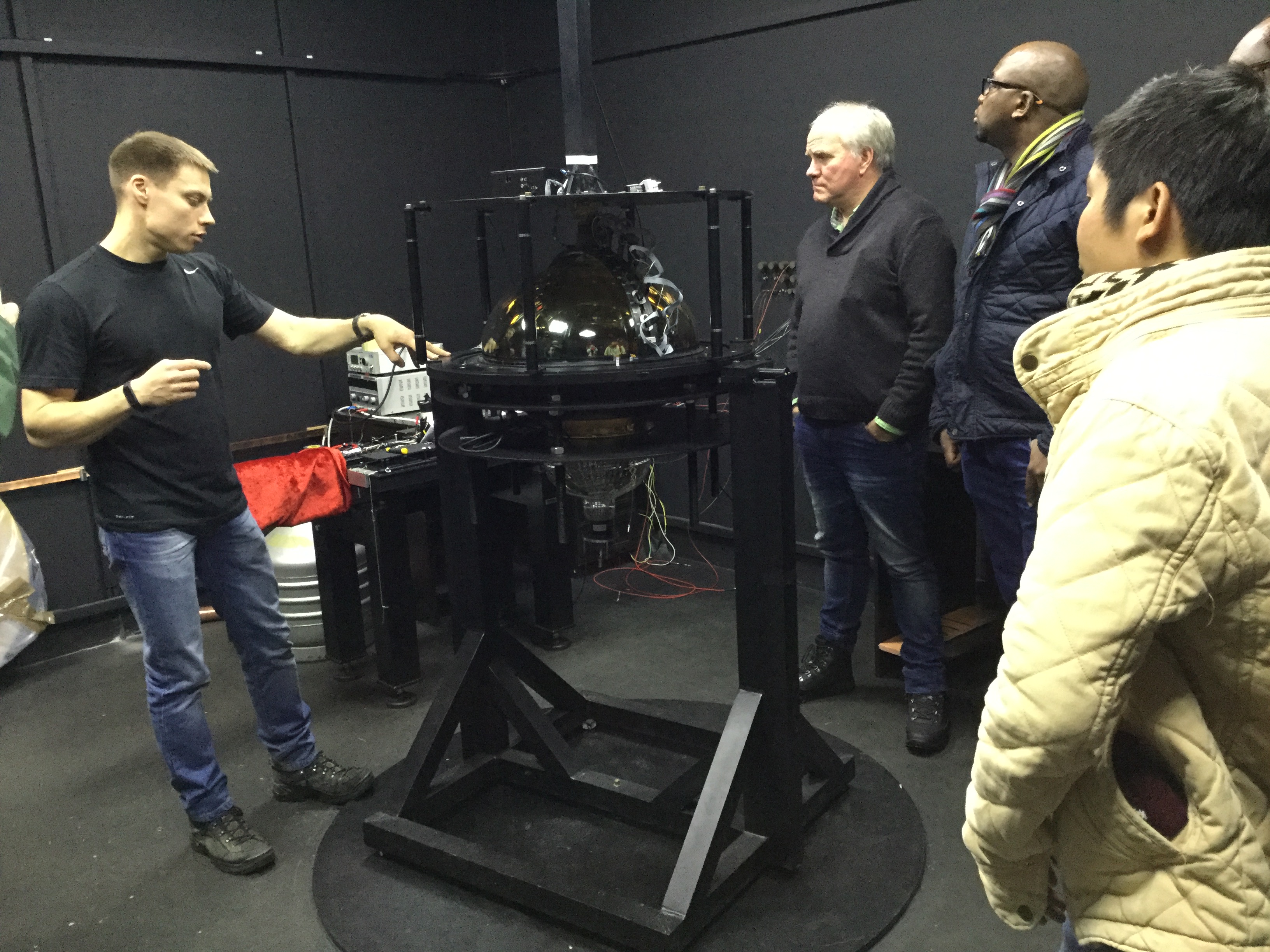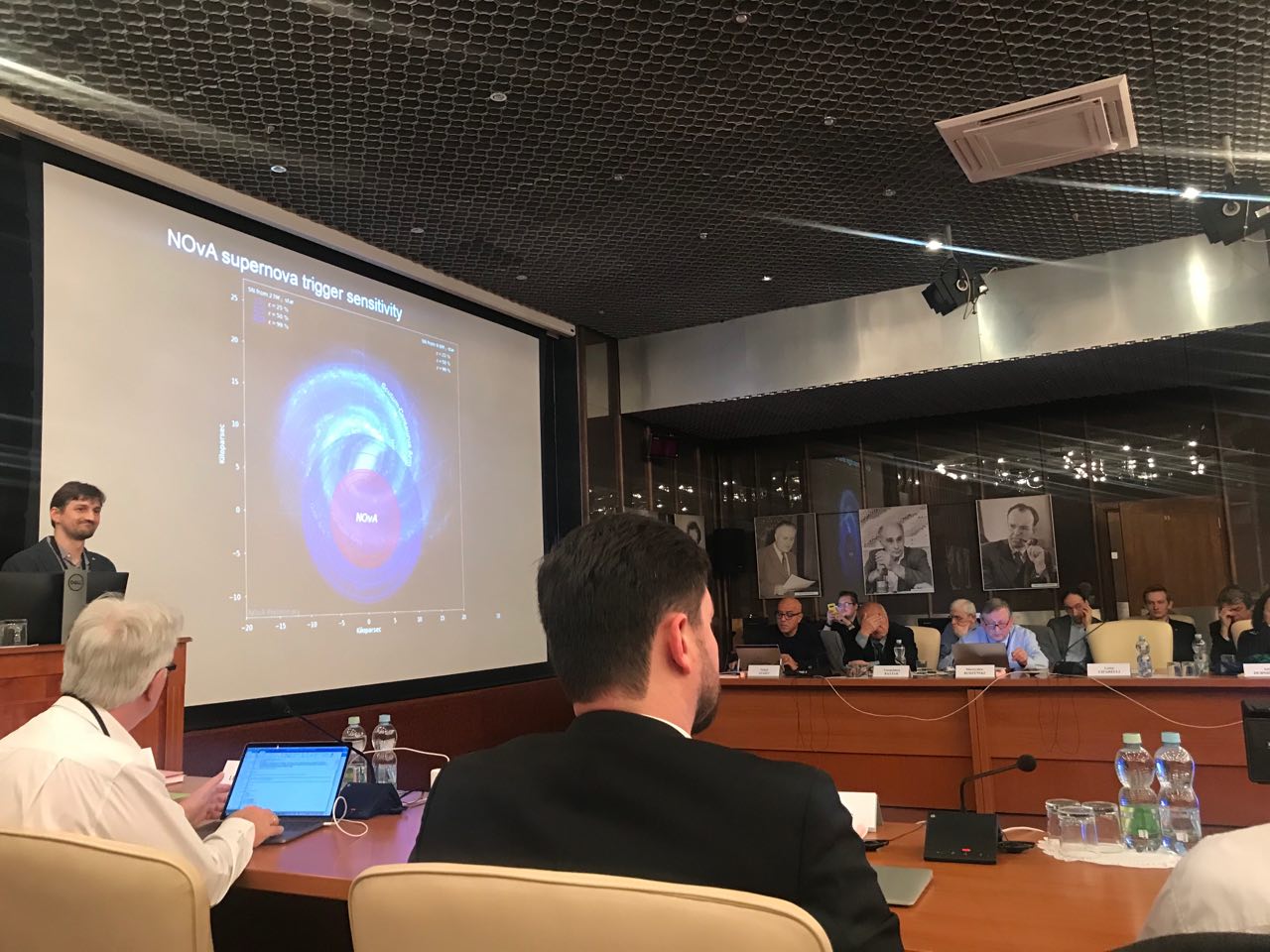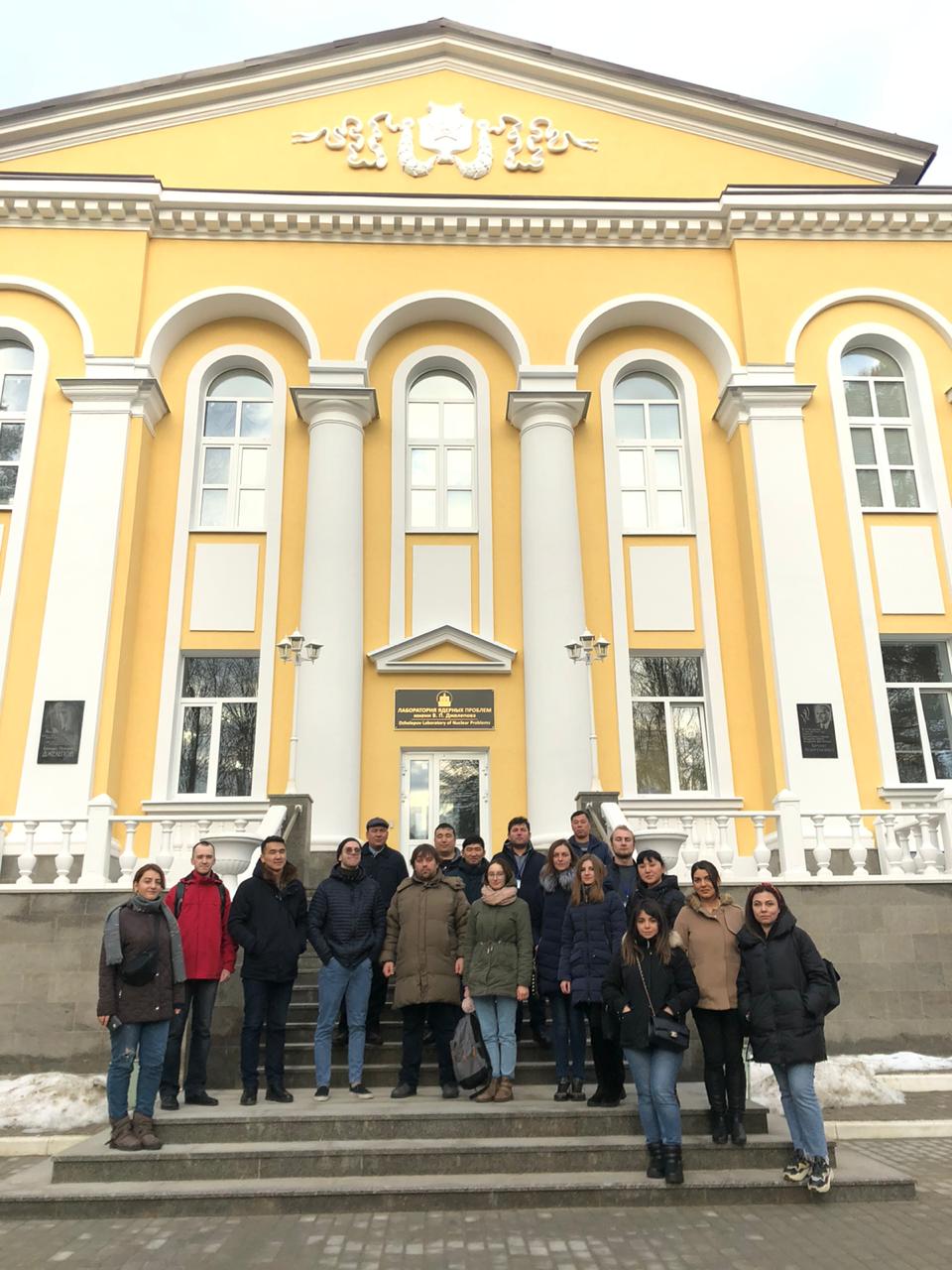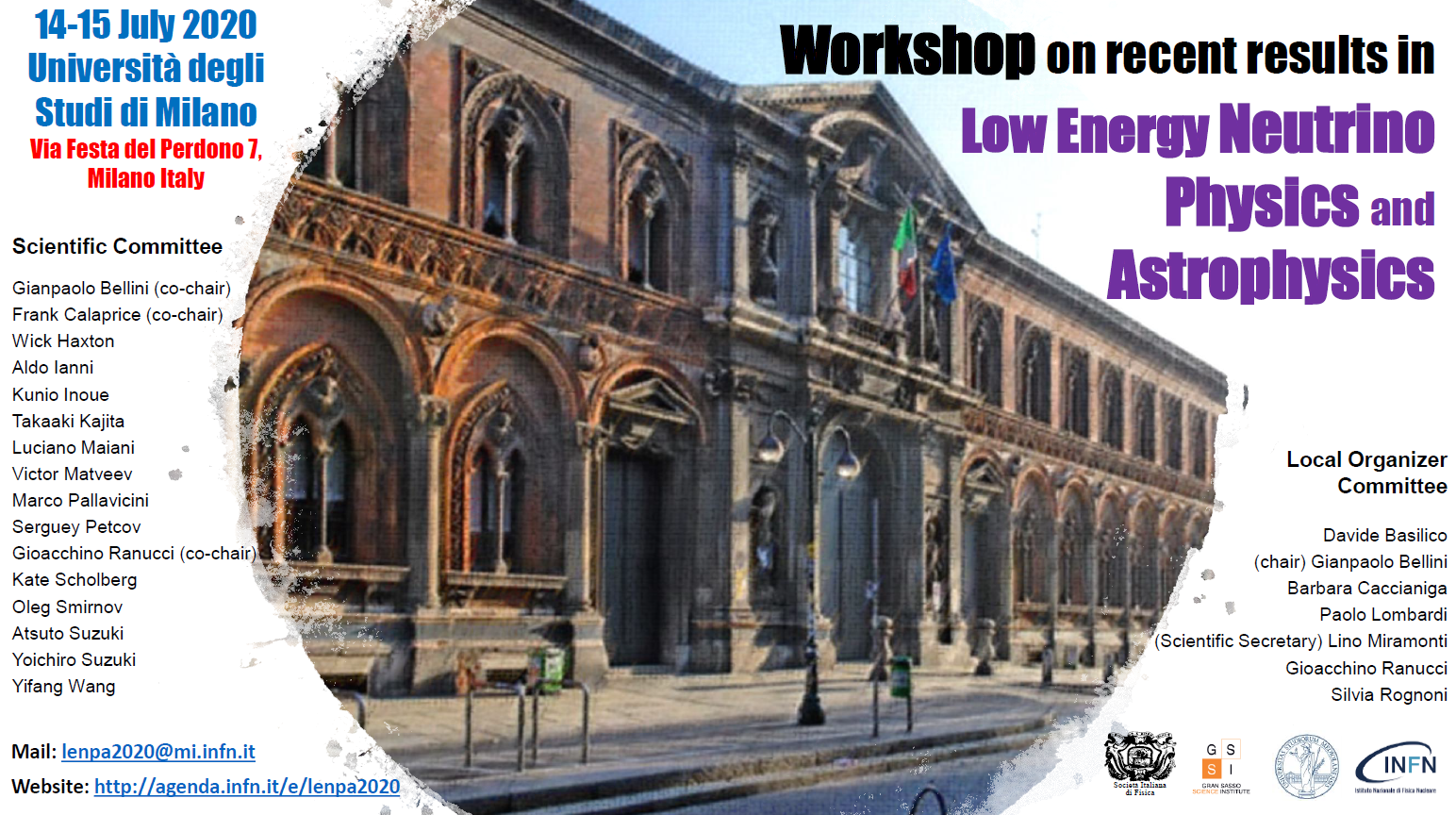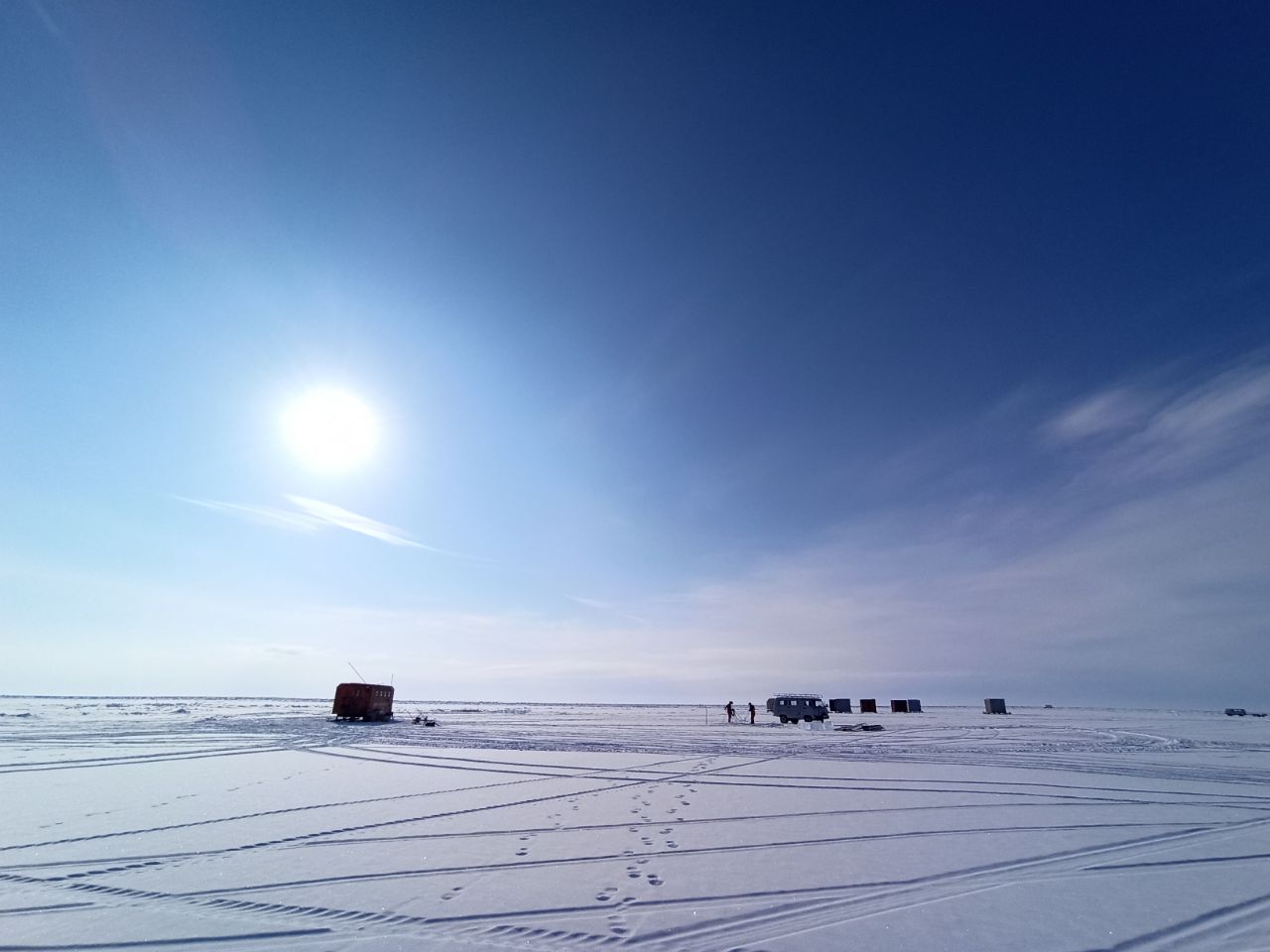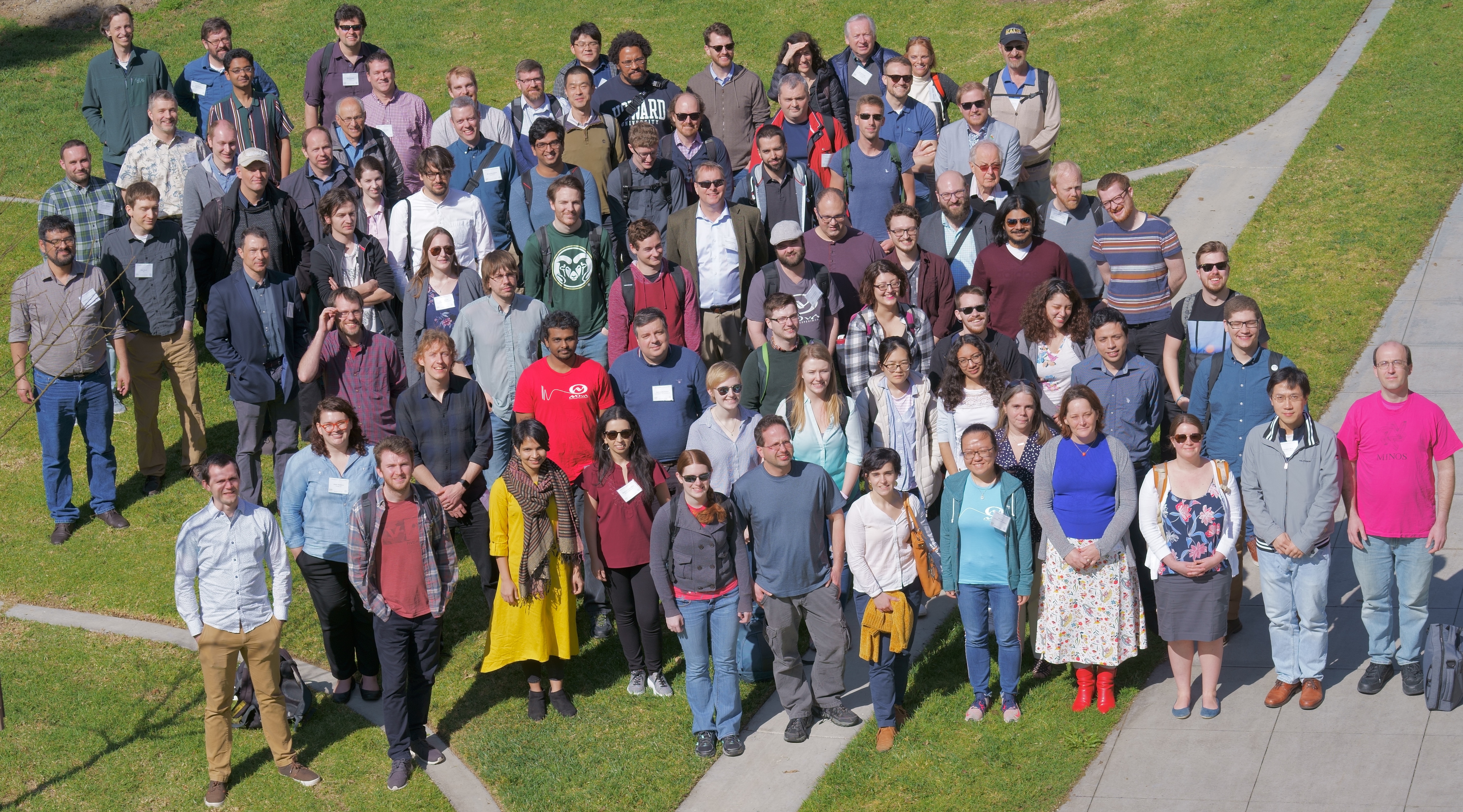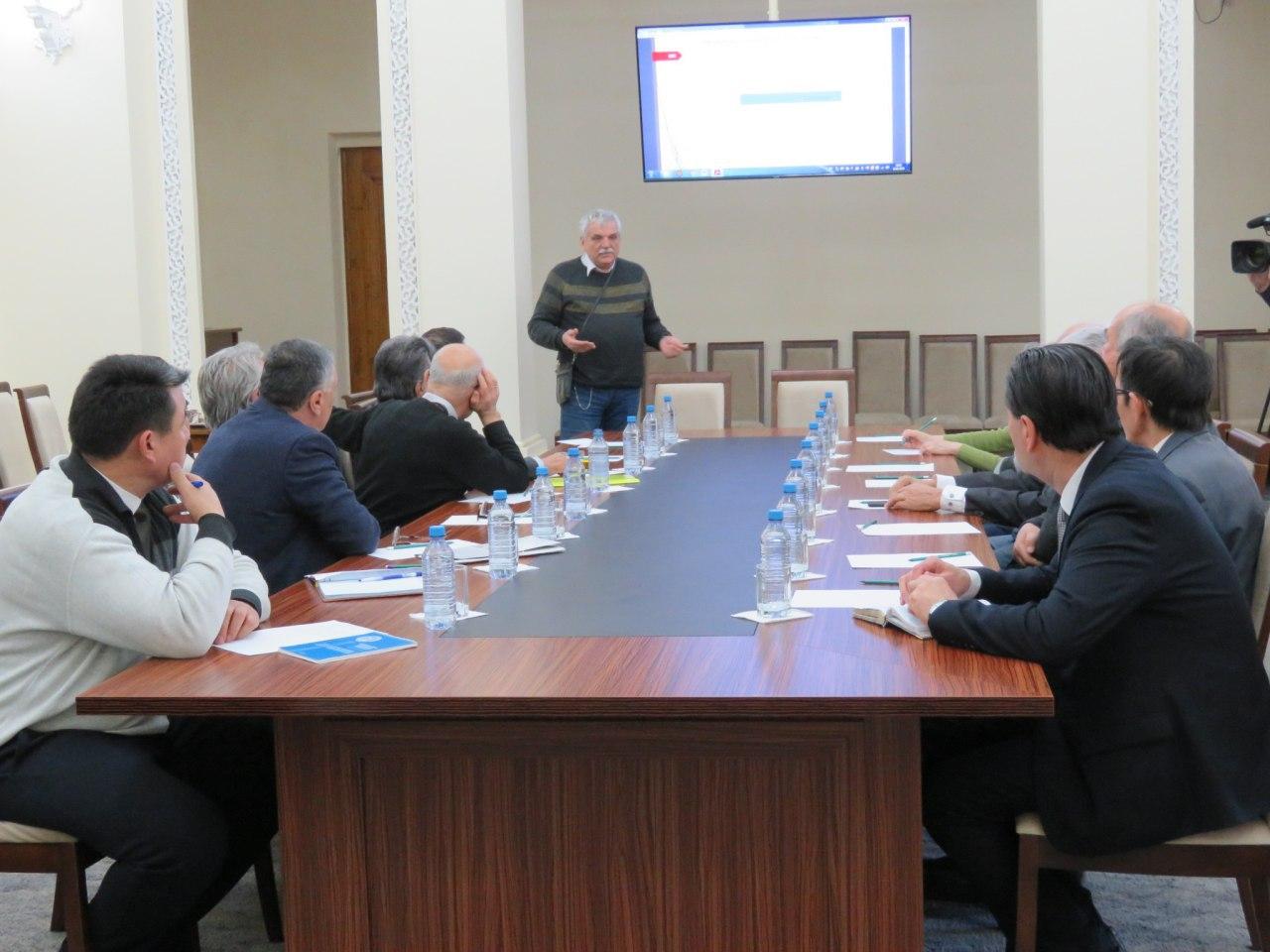News
27.02.2020
Yesterday, the 15th International Training Programme For Decision-Makers in Science “JINR Expertise for the Member States and Partner Countries” (JEMS-15) was launched. Leaders in science and education, coordinators of the future JINR Information Centres from Armenia, Vietnam, Egypt, Cuba, Turkey, the Republic of South Africa and Russia arrived in Dubna. For the first time Russia was represented by Kamchatka. This time, the Training Programme was organized in a compact four-day format. Today, the attendees have visited our laboratory.
26.02.2020
The J/ψJ/ψ pair production is a rare and promising process appropriate for studying the single-parton and double-parton scattering (SPS and DPS). The J/ψJ/ψ pairs can also be produced by the hadron intrinsic charm mechanism which has been used for about 40 years to interpret experimental data.
22.02.2020
The 127th session of the JINR Scientific Council was held on 20-21 February 2020. On 21 February, the young JINR scientists, the PAC Poster Session winners, presented their reports. According to the recommendation of the Programme Advisory Committee on Particle Physics, Andrey Sheshukov (DLNP) delivered the report “Real-time detection of the Supernova neutrino signal”. Congratulations to Andrey on his successful report presentation!
21.02.2020
From 13 February to 14 March 2020, the International Innovative Nanotechnology Centre of the CIS countries along with JINR offers the Internship for Young Scientists from the CIS countries. Within the training programme, all JINR research divisions will be introduced to the participants. The Internship aims to ensure active involvement of young scientists into the cooperation with the JINR laboratories, innovative development of our Institute and further employment of young researchers from the CIS countries at JINR. Today, the interns have visited our laboratory. Oleg Smirnov delivered the lecture “Neutrino Programme at DLNP, JINR”.
21.02.2020
On 14-15 July 2020, the workshop “Low Energy Neutrino Physics and Astrophysics” will take place in Milan. In this workshop, the status of the art, both from theoretical and experimental point of view, of the neutrino physics including solar, reactor, geo-, accelerator, low energy neutrinos, will be explored and, to complete the present state, the astrophysical limits and determinations on the neutrino properties will also be discussed.
20.02.2020
A regular expedition on the Baikal Neutrino Telescope construction was launched. Today, the “Baikalians” had their first working day. Let us wish them luck in achieving their goals set this year! Whenever possible, they are going to share with us their impressions, thoughts, photos and videos. An amazing trip is waiting for us! Join in!
19.02.2020
From 13 to 16 February 2020, a regular NOvA collaboration meeting was held at the University of California in Irvine (USA). The DLNP researchers representing JINR in the NOvA collaboration took an active part in it. Lyudmila Kolupayeva and Nikolay Anfimov delivered their reports there, while Olga Petrova and Andrey Sheshukov participated remotely. Oleg Samoylov made a summary of the group research results at the plenary session.
18.02.2020
Within its 127th session held on 20-21 February 2020, the JINR Scientific Council endorsed the decision of the International Jury on the awarding the Bruno Pontecorvo Prize 2019 to Professor Fabiola Gianotti (CERN) for the leading contribution to the experimental studies of fundamental interactions and discovery of the Higgs boson.
18.02.2020
Authors: M.P. Zarubin, O.A. Kuldoshina, E.V. Kravchenko.
Originally, underground laboratories were built for particle physics and astrophysics experiments where considerable cosmic ray flux reduction is needed. Later, the range of low-background radiation experiments extended to interdisciplinary studies in biology, medicine, geosciences and material sciences.
17.02.2020
At the end of January 2020, two DLNP researchers M.V. Lyablin and A.M. Artikov went to Tashkent at the invitation of President of the Academy of Sciences of the Republic of Uzbekistan (ASRU) B.S. Yuldashev to introduce the Precision Laser Inclinometer (PLI).
The introduction seminar took place at the Mavlyanov Institute of Seismology of ASRU. Mikhail Vasilyevich Lyablin presented the report “New methods for detection of microseismic vibrations”. The unique sensibility of the PLI and its capability of distinguishing low-frequency angular movements of the Earth’s surface were emphasized at the seminar. The fundamental necessity of using this device along with well-known methods for earthquake prediction was pointed out as well.
12.02.2020
The Borexino liquid scintillator detector, originally designed for solar neutrino study, is also a sensitive instrument in searching for rare events in the energy range of about 1 MeV. The recent results include the search for nonstandard neutrino interactions, as well as limits on diffuse neutrino fluxes from Supernovae, solar flare neutrinos and solar antineutrinos, expected as a combined effect of spin-flavour neutrino precession in the magnetic field of the Sun and neutrino oscillations.
07.02.2020
The seminar was dedicated to the research of the ordinary muon capture (OMC) on different isotopically enriched targets, daughter products for nuclear double beta decay. These experiments provide new information for calculations of nuclear matrix elements (NMEs) of double beta decay (DBD). The refinement of the NME calculation of DBD is an important point for interpretation of experimental data in searching for the neutrinoless DBD, a key process for determining fundamental neutrino properties.


